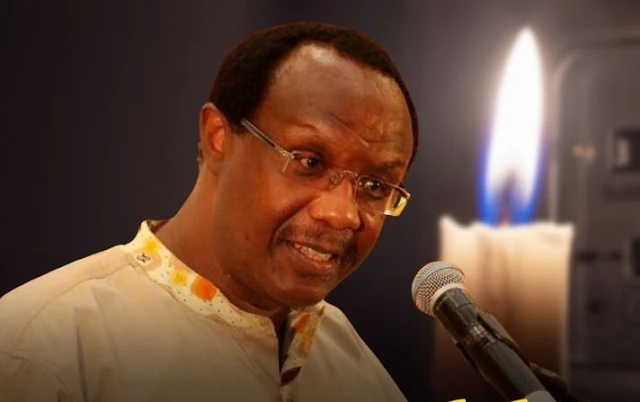In January, Kenya Power and Lighting Company (KPLC) said that beginning in April, the energy costs would increase by 78 Percent if the Energy and Petroleum Regulatory Authority (EPRA) approved its revised prices.
The ruling generated a passionate controversy among Kenyans, many of whom have been expressing dissatisfaction with higher charges, in particular as they relate to the token metres.
A software business in Kenya known as Codelab Kenya disclosed the amount of KSh89,000 that was due on its February 10 monthly power bill, which totalled 5067 kWh.
"The difficulty in Kenya is the taxes and fuel costs that are put onto the cost of energy, while electricity itself is fairly affordable."
"Fuel and levies account for 90% of total energy costs." "On Thursday, the corporation stated via Twitter.
David Ndii, an economist, responded to this by saying that some of the taxes were paid when electricity was made.
"Spend some time becoming familiar with your monthly electricity bill. Fuel cost adj is a cost of production.HFO plants function similarly to posho mills in that they are compensated for the power they generate and pass the cost of fuel on to end users. The water fees are what pay for the catchment conservation efforts.
"The itemization serves the purpose of transparency," Ndii added.
Ndii, who is an economic counsellor to President William Ruto, reaffirmed to one of the country's other residents that the objective of the government is to cut the expenses of electricity generation rather than the rates.
"Spend some time doing so to fully comprehend what you read. I have already said that we did not guarantee "cheap electricity."
"When I talk about "bringing down costs," I am referring to production expenses; tariffs are not included. The items on the list are significant investments in capital over the medium term that will not result in a reduction in prices any time soon," he noted.
He said that Kenya is one of the African nations that have a steady supply of electricity, which might be exchanged for more affordable power that is not always accessible.
"When it comes to our monthly electricity costs, we have two options. A power that is expensive and always accessible or electricity that is very inexpensive but only available for a portion of the day, like in South Africa, If you had taken the time to read our manifesto, you would have seen that we do not promise to provide affordable power as part of our commitments on energy," he said.


Post a Comment
What is your say on this